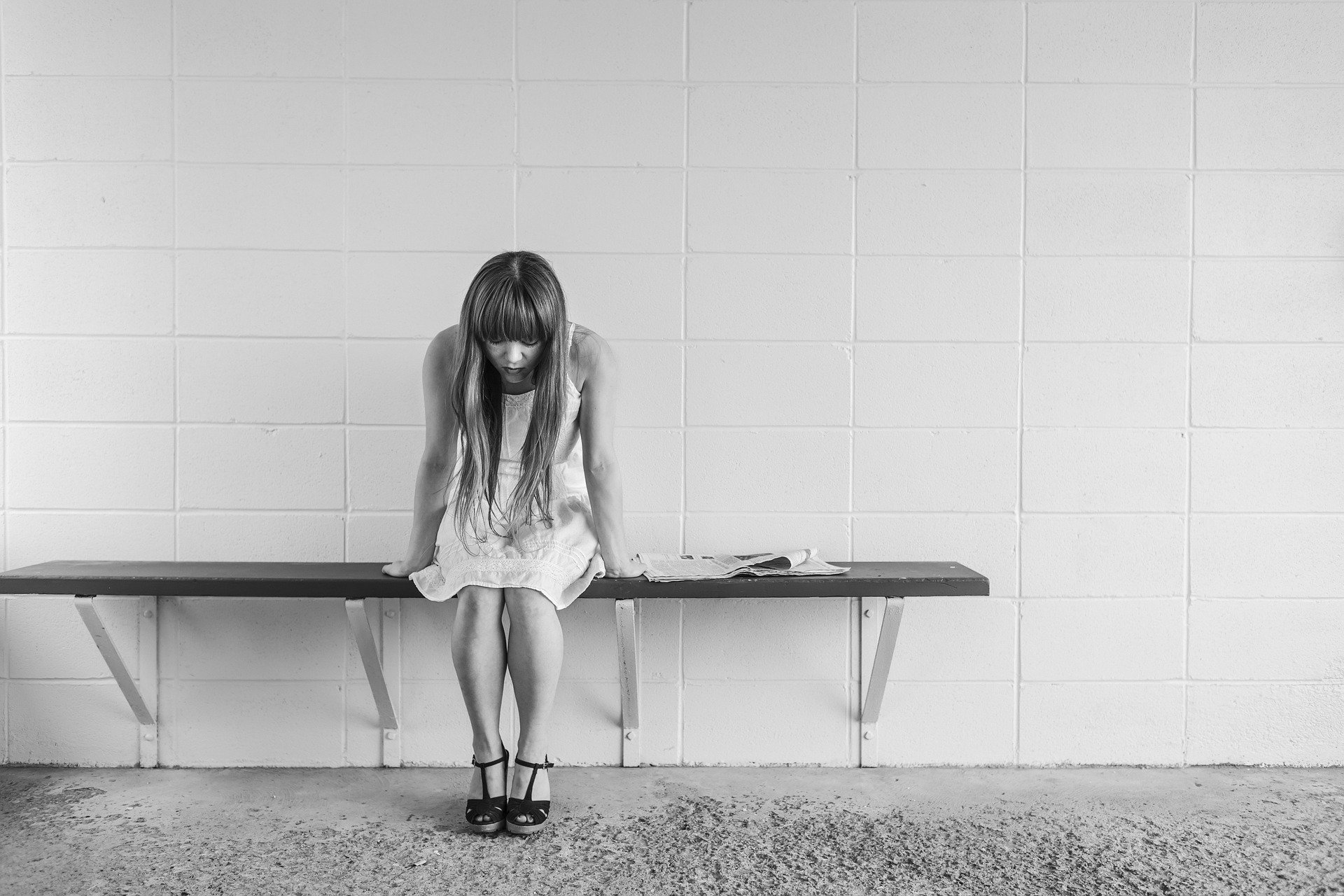Mental health (spiritual or mental health, sometimes mental health) is defined by the World Health Organization as a state of well-being in which a person can realize his or her own potential, cope with the normal stresses of life, work productively and fruitfully, and contribute to his or her community.
The positive aspect of mental health is emphasized in the WHO’s statutory definition of health: “Health is a state of complete physical, mental and social well-being and not merely the absence of disease and physical defects.
A person’s level of mental health at any given time in life is determined by numerous social, psychological and biological factors. Deteriorating mental health is associated with rapid social change, stressful work environments, social exclusion, risks of mental and physical abuse, etc.
What does it take to be psychologically healthy?
- Accept yourself for who you are.
Lack of self-love expresses itself in the form of guilt, shame and depression. Too often we live fake lives, seeking recognition and approval from others, forgetting about our own desires. By accepting oneself, one learns to accept others.
- Know how to lose.
To overcome adversity successfully, you must be active within the situation that you can change, and accept what you cannot influence. Knowing how to cope with adversity is the key to preserving one’s psychological and physical health.
- Learn to build and maintain relationships.
Emotional connection is very important, we need relationships that can support and sustain us in difficult times. Here are some tips for maintaining good relationships: learn to forgive, be forgiving and honest, be yourself, balance your time socially and privately, take responsibility for your actions, act on the values, feelings and wishes of others.
- Help others.
All of us face problems in our lives. When we lend a helping hand to those who are in trouble, we not only become stronger in circumstance, but we also experience a sense of self worth.
- Strive for freedom and self-determination.
A degree of control over the decisions that can affect our lives is essential to psychological health. If we are controlled, punished, and suppressed by our environment, our sense of freedom and self-determination is lost. Of course we have to reckon with other people’s desires and values, but if we agree with them even slightly, our sense of self-determination is preserved.
- Determine a goal and move toward it.
Psychological research has shown that the process of moving toward a goal is just as important as the goal itself. But sometimes the bar we set is too high, and we doom ourselves to deep disappointment. So try to make the goals real. And if the goal is big, then divide it into several small ones.
- Believe and hope.
In the hour of trial, when it seems that all the colors of the world have faded, hope and optimism come to help, and the belief that sooner or later we will reach the goal we are going for. A positive outlook on the world helps us to overcome fear and stay motivated.
- Maintain ownership.
Try to feel fully involved in what is going on, immersed in the ongoing process or experience, focused solely on them. There is a Buddhist saying: “If you think of rest while sweeping the floor, you are not perceiving life as it really is. Sweep the floor, sweep it. When you rest, you rest.
- Enjoy the beautiful.
The ability to appreciate beauty is called an aesthetic sense. The ability to notice and understand beauty helps us to preserve all the wonderful things in our world.
- Don’t be afraid of change, be flexible.
A basic principle of judo: follow the current! The stubborn and unyielding tend to get a decent fight back. And those who try to hold their positions, often squander all their strength. But if you have the psychological flexibility and willingness to change ineffective behavior, then it is easier to adjust to a situation and cope with it more successfully.
Realizing the maximum amount of energy that is in us is the surest way to preserve one’s psychological health.
Simple rules for maintaining and promoting mental health:
- First of all, follow the well-known tips for maintaining general health:
– properly alternate work and rest, physical and mental stress
– Maintain a healthy sleep, a healthy diet
– Do physical training, sports, and active hobbies (dancing, hiking, etc.)
– avoid bad habits.
- Change your thinking from negative to positive. Stop pumping yourself daily with negative information, criticizing the existing order, unwanted neighbors, coworkers. Learn to notice and rejoice in the simplest things: the long-awaited vacation, good weather, unexpected good luck.
- Try to keep a positive, warm, trusting relationship with people.
- Learn to control your emotions and anger. Try to regulate behavior from within, rather than waiting for praise or evaluation from others. Choose and create your own environment that meets your psychological attitudes and needs.
- Set realistic goals for yourself. Then daily activities will take place with the certainty of purpose and meaning in life.
- Strive for self-improvement, self-realization. An important aspect is openness to new experiences. Develop your talents and interests. Bored and unhappy people rarely have many interests in life.
- Physical activity is closely related to mental health. Exercise not only strengthens muscles, heart, but also promotes the formation of biologically active substances in the body, which improve mood and act as natural energy.
- Remember – if you can’t change something, you shouldn’t worry about it, your lost health and nerves won’t help to solve the situation.
The last thing: if you feel that you are unable to overcome stress, the appearance of mental illnesses that don’t go away and disturb your life, ask for help from specialists: a psychologist, a psychotherapist, a psychiatrist. Do it in time.













